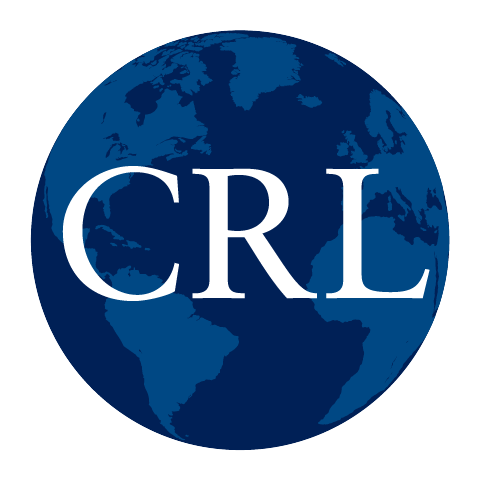-
1по Iqbal, Muhammad
Опубликовано 1991Bhalwal : Directorate of Mona Reclamation Experimental Project, Planning & Investigation Organization, [1991]iii, 18 leaves ; 28 cm. -
2по Iqbal, Muhammad
Опубликовано 1991Bhalwal : Directorate of Mona Reclamation Experimental Project, Planning & Investigation Organization, [1991]iii, 23 leaves ; 27 cm. -
3
-
4по Iqbal, Muhammad
Опубликовано 1990Bhalwal, Sargodha : Mona Reclamation Experimental Project, [1990]iii, 15 leaves ; 29 cm. -
5по Iqbal, Muhammad
Опубликовано 1975Madīnah Munavvarah : Karācī : Muḥammad Yahyá Madanī ; milne ke pate, Maktabah-yi Banauriyah, [pref. 1395 H. i.e. 1975]168 p. ; 21 cm. -
6по Iqbal, Muhammad
Опубликовано 1991Bhalwal : Directorate of Mona Reclamation Experimental Project, Planning & Investigation Organization, WAPDA, [1991]ii, 26 leaves ; 28 cm. -
7
-
8по Iqbal, Muhammad
Опубликовано 1990Bhalwal, Sargodha : Mona Reclamation Experimental Project, [1990]iii, 9 leaves ; 28 cm. -
9по Iqbal, Muhammad
Опубликовано 1985Lahore, Pakistan : Building Research Station, Punjab Buildings Dept., Govt. of the Punjab, [1985]40, 4, [1] leaves, [4] leaves of plates : ill. ; 28 cm. -
10по Iqbal, Muhammad
Опубликовано 1977Lahore : Aziz Publishers, 1977.1 online resource (264 pages)Center for Research Libraries
Online-ссылка -
11по Iqbal, Muhammad Shahid
Опубликовано 1976Lahore : Research Society of Pakistan, 1976.123 p. in various pagings ; 25 cm. -
12
-
13
-
14по Iqbāl, Muḥammad Iqbāl
Опубликовано 1978[Pishāwar] : ̤Ziyāʼ Ārṭ Pres, [pref. 1978]13, 120 p. ; 18 cm. -
15по Iqbal, Muhammad, 1913-
Опубликовано 1978Lahore : Islamic Book Service, 1978.xviii, 142 p. ; 22 cm. -
16по Iqbāl, Muḥammad Af̤zaluddīn
Опубликовано 1979Ḥaidarābād : Muʻīn Pablīkeshanz : milne kā patah, Āndhrā Pradesh Urdū Akaiḍmī, 1979-v. ; 23 cm. -
17по Iqbal, Muhammad Javaid
Опубликовано 1985Lahore, Pakistan : Punjab Economic Research Institute, 1985.v, 57, [2] p. ; 28 cm. -
18по Iqbal, Muhammad Zafar, 1935-
Опубликовано 1982Lahore, Pakistan : Institute of Chemistry, University of the Punjab, [1982][6], ix, 148 leaves : ill. ; 29 cm. -
19
-
20по Iqbāl, Muḥammad, 1873-1938
Опубликовано 1944Lahore : Iqbāl Academy, 1944.1 online resource (160 p.)Center for Research Libraries
Online-ссылка

